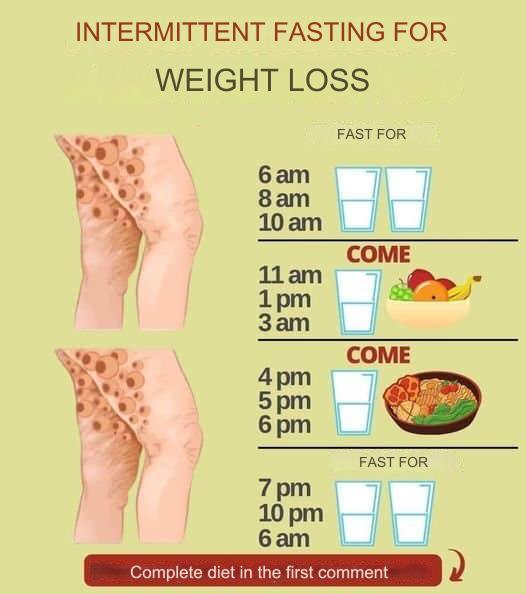WHAT ARE THE BENEFITS OF INTERMITTENT FASTING?
Nowadays, the practice of intermittent fasting has become very popular. This type of diet is used in conjunction with calorie restriction, which is nothing more than abstaining from eating food for a certain amount of time.
Some studies show that this type of diet can provide
benefits such as fat loss, better health, and longevity. Proponents say that intermittent fasting programs are easier to maintain than traditional calorie-controlled diets.
Each person performs intermittent fasting in their own way, and different styles suit different people. Today we want you to learn how to experiment with intermittent fasting for the first time and how to implement it in a way that works for you.
BENEFITS OF INTERMITTENT FASTING
It is not a diet or way of eating, it is a way of organizing your diet. It is not better, it is not worse, it is an option and a tool that has several scientifically proven uses and benefits:
It reduces inflammation in the body. It stimulates the initiation of processes such as autophagy and apoptosis (recycling and elimination of damaged cells).
It promotes healthy mitochondria (energy production).
It controls insulin and blood sugar, making it an excellent strategy to control obesity and type 2 diabetes.
It improves concentration and alertness.
Stimulates growth hormone (supports muscle mass and bone density.
Prevents Alzheimer’s disease.
Lowers blood cholesterol.
Reduces oxidative stress, meaning it resists aging.
Tests and restores microbiota.
Reduces cardiovascular risk factors and blood pressure.
TYPES OF INTERMITTENT FASTING
There are different types of fasting, the most common being:
Daily 12-18 hour fasting
Weekly 24 hour fasting
HOW TO START IT?
You change your diet temporarily to see what happens without deciding or knowing if intermittent fasting is something you want to do later. Follow the recommendations below with an empirical mindset.
When we go a long time without eating, some changes occur in our metabolism that are very beneficial. If you fast for 16 hours and eat in an 8 hour window, you can reap these benefits, but you should start small.
Practice the following recommendations with an empirical mindset. Experimentation: Start by making temporary changes to your diet and try intermittent fasting
to see what happens
To achieve 12 hours or more of fasting, gradually delay or advance the time of breakfast and/or dinner depending on what your daily routine allows. Let’s say you now eat breakfast at 7 a.m. and dinner at 10 p.m., for a 9-hour fast.
As the weeks progress, compress your meals by half an hour each time so you’re not fasting for at least 12 hours, such as breakfast at 8 a.m. and dinner at 8 p.m. This route allows you to slowly get used to it without needing to make drastic changes.
